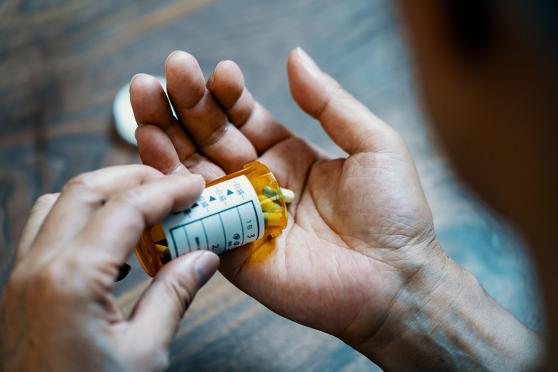Signs of prostate cancer you shouldn’t ignore
Knowing the symptoms of prostate cancer is key to catching it early, when it’s most treatable. Here’s what to know.

Prostate cancer is a leading health concern for men. Luckily, it’s highly treatable when caught early. But prostate cancer symptoms can be subtle and are often mistaken for normal aging or other health issues. Knowing what to look for — and acting quickly — can make a big difference. Here are the signs to watch out for.
Increased need to go
Frequent urination, especially at night, or a sudden, urgent need to go could signal prostate problems. The prostate is located just below the bladder, so any issues can affect the flow of urine.
Weak urine flow
Difficulty starting urination, a weak stream, or a feeling that your bladder isn’t entirely empty can be signs that your prostate is affected.
Burning sensation
A burning sensation or pain while urinating isn’t normal. An infection is likely the cause, but this can also be a sign of prostate cancer, which may cause inflammation or obstruction in the urinary system.
Erectile pain or dysfunction
Since the prostate plays a role in sexual function, changes in its health can affect erections. Difficulty achieving or maintaining an erection, or pain during an erection, may indicate prostate issues.
Blood in urine
Blood in your urine or semen is serious and requires immediate medical attention.
Pelvic discomfort
The prostate is near the pelvic region, and its enlargement or irritation can cause discomfort or pain. If you experience unexplained pelvic pain, it could be an early sign of prostate cancer.
Unexplained weight loss or fatigue
Significant weight loss or constant fatigue can be linked to many types of cancer, including prostate cancer. Cancer cells use energy, which can lead to unintentional weight loss, and fatigue is common as the body fights illness.
The bottom line: If you’re at higher risk, like if you have a family history of prostate cancer, don’t wait to schedule a screening. Talk to your doctor about the best screening schedule for you. Staying proactive can make all the difference in protecting your health.


